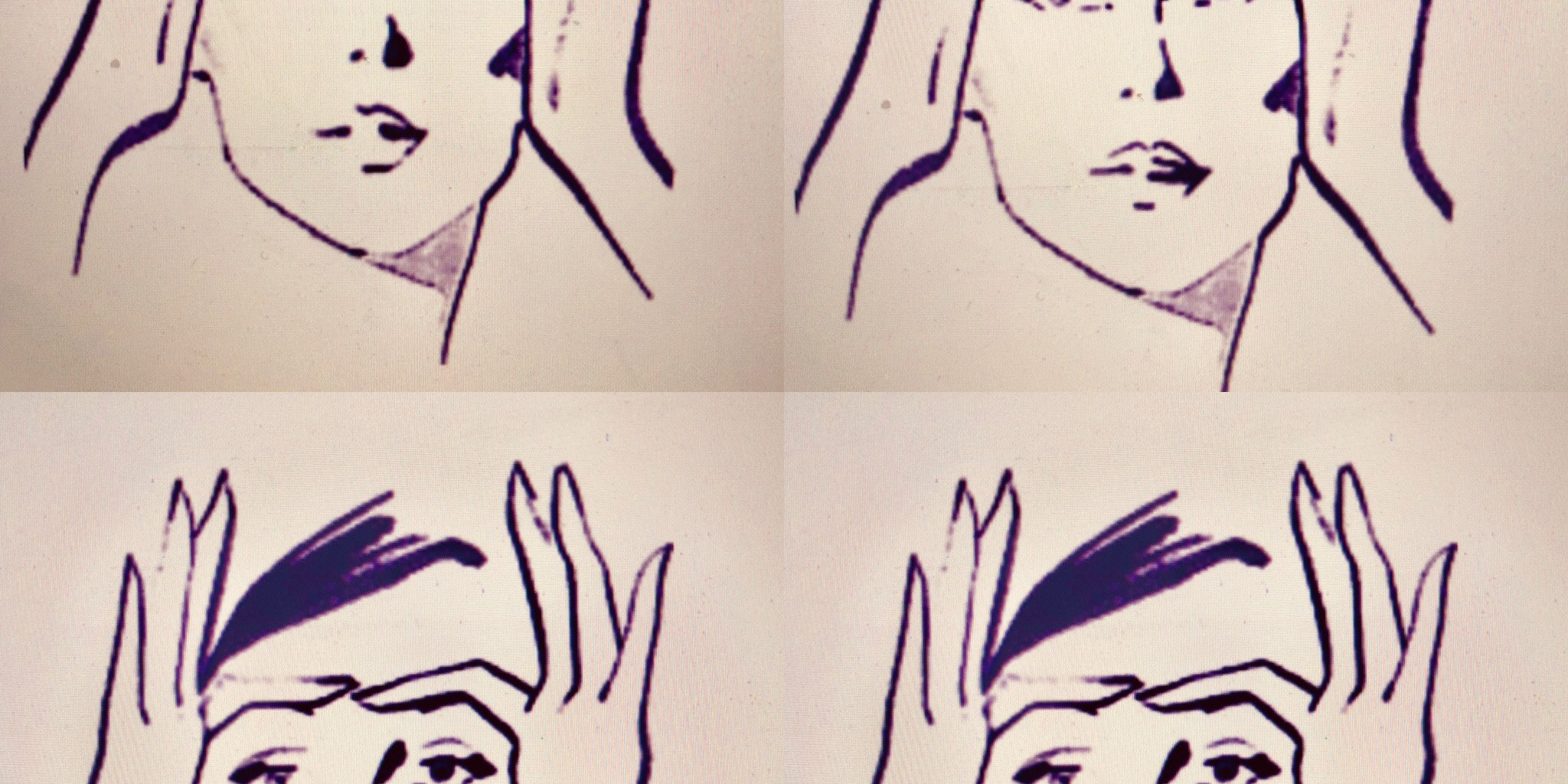Have you ever wanted to change something in your life?
*Brain plasticity means you can – your brain can change and adapt*
Whatever you think about will make that part of your brain grow. So positive thinking = positive growth. The brain pliability can also work against you when you have had a trauma, but for everyone else you can work with it.
I believe that everyone at some point wants to change something in their lives: their bodies, job, home, finances or degradation of the planet just to name a few. The good news is that all of these are relatable and achievable, but not if you are waiting to feel when the time is right. The truth is that if you wait until you feel like making any of these changes, the chances are you will not. My passion and research area is cognition and decision-making, it not only informs many of the Live Whole Blogs but it is also actionable.
Feelings are changeable, transient and unreliable. You do not have to submit to your feelings, but you do have to find coping mechanisms, tips and techniques to cope. Changing your thoughts will lead to a change in your ‘addictions’ and obsessions (e.g. social media, eating, smoking, drinking and exercising). If you lack coping mechanisms, then your feelings of anxiety, uncertainty, unfairness, insecurity, agitation and dissatisfaction will amplify.
In turning the desire to change from a feeling into a thinking process, I would encourage you firstly to become aware of your impulses and what you would like to change. Say them out aloud (a motivational interview technique developed by two psychology professors) in front of the mirror, but also consider the environment potentially contributing to your state.
In this Blog I would like to offer a supportive ‘voice’ in which you can think about what you are doing, wishing for and hoping to change. Look at your behaviour that is causing you to stay in the current ‘situation’ and take note of the feelings you might have such as inadequacy, shame or anxiety. There is no doubt many people fear change, especially because jumping into the unknown can cause or increase more of the same feelings.
1. Write down your answers to the following question:
How have these ‘habits’ you want to change developed?
Tip: It could be cultural, parents, partners, friends, social media, tv, job or financial issues. It could also be internal mechanisms such as depression, anxiety, low self-esteem, discontent or guilt. Identifying internal and external causes is part of the self-analysis journey. You could also have just become accustomed to the situation, feel powerless or plain old tired.
2.Write down the answers to these questions:
- What are your current beliefs and values regarding yourself and your situation?
- How are you maintaining these habits? (e.g. are you buying crisps if you are trying to lose weight)
- What are your triggers or cues that pull you back into that behaviour? (e.g. are you going out to parties or entertaining)
- What will you fill the gap with when you give up something – relying purely on willpower alone is unrealistic (e.g. replace crisps with almonds or lemon water)
3.Think about, develop and write down some steps to change:
- Tell yourself aloud “I have hope” and aspire to be like someone bolder and more courageous than you. Identify a role model(s) in the area you want to change, someone that has already done what you are aiming to do. Have several ‘mentors’, read about their journey, adopt and/or adapt using their path.
- Beliefs and values change constantly – sometimes we are unaware of why, how and when they change. Anecdotes I hear a lot are “I was born with genes like this”, “It is my age”, “It is because of my parents”, “I don’t have time”, “I can’t lose weight”, “The doctor knows best”. Change your beliefs – align them with your goal(s).
- Develop new schemas (or pattern of thought) – your brain is like the London Tube underground network, it takes you where you want to go once you embark. Change the tube line – retraining starts today with repeating the words of your change all the time until your brain gets it and the schema network changes.
- In the same way that false truth spreads faster online negative thoughts about why you cannot change your body or situation will spread to every cell in your body. Think constructive thoughts, use confirmatory biases to reform your behaviour.
- Goal theory: Decide on a goal, then train your attention towards it all the time. This process is similar to ancient teachings of prayer, meditation and acceptance – bringing your mind back each time. It takes practice and patience but you will improve.
- Health humanities is going mainstream – give yourself a reward for achieving a step in your goal by visiting the theatre, art show, watch a comedy, discuss a good book with friends or go dancing!
- Join the psychiobotics revolution – studies connecting the mind and gut are still sparse and provocative, however you have nothing to lose by including some pre and probiotics in your diet. Eat wholesome foods to keep your brain thinking clearly and not clogged down with gluten or white refined sugar.
In summary, there is significant and exciting scientific research on functional magnetic resonance imaging (fMRI) that is able to see how the brain uses oxygen and glucose to send messages that will help in the future. While future research might be able to help your decision by identifying the scripts that exist from childhood that stop or influence you thinking about yourself or situation, for now it is up to you.
I hope that this Blog helps you to recognise the source of your feelings and the reasons for procrastination and encourages you to talk to yourself! Make a decision to change (be specific) and you are rewiring your brain in the direction you want.
Contact me if you need help in facilitating the process.
Related Posts
Heard of Bullet Journaling before? Create your safe space and feel in control
We are all looking for ways to reduce or manage our stress levels right?! Join over 7 million people using #bulletjournal or #bujo on Instagram! If…
Face lift, face exercise or face off?
Face lift, face exercises or face off? I was enjoying a cup of organic gunpowder green a few months ago with a friend I’ve known for more than 25…
Age slowly – make dinner your smallest meal
Wouldn’t you like to slow ageing down, live longer, be disease free and keep your body healthy as long as you can? Looking youthful on the outside…


